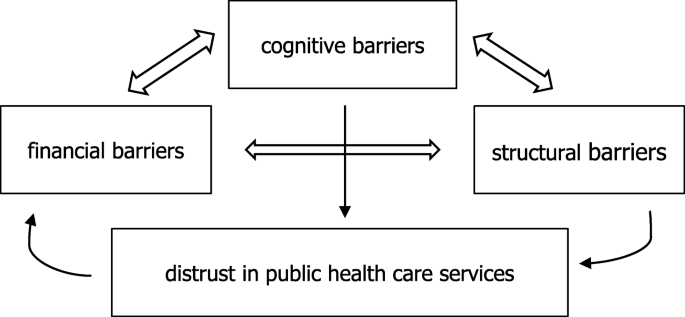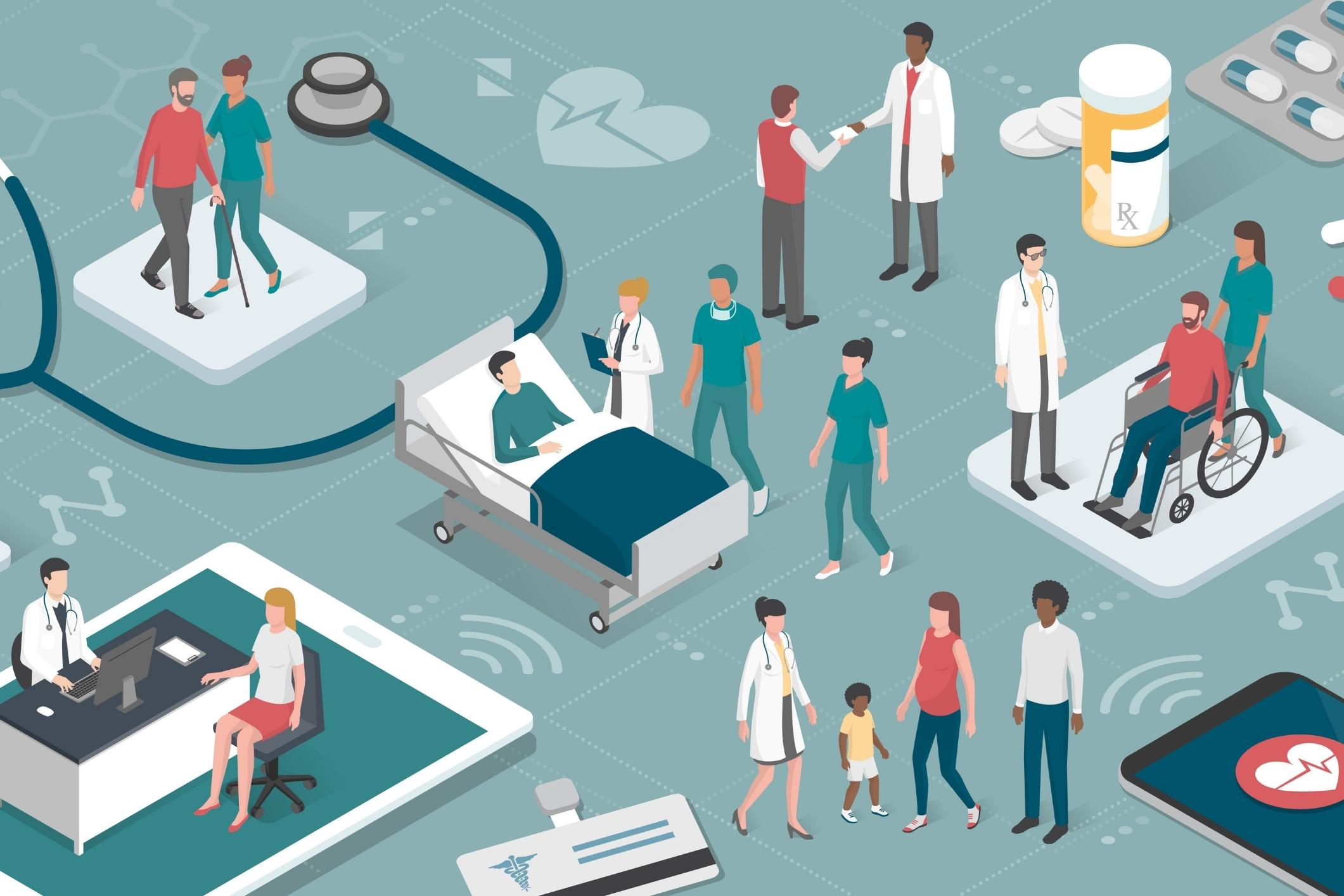
Ensuring Equitable Access to Quality Healthcare
Access to quality healthcare is not just a matter of health. This is a basic human right. In an ideal world, everyone, regardless of their background or socioeconomic status, would have equal access to effective and responsive medical care. Here are some key points related to Ensuring Equitable Access to Quality Healthcare:
Barriers to Access to quality healthcare:
Many barriers can impede Ensuring Equitable Access to Quality Healthcare. Financial constraints, lack of health insurance, geographic distances, and cultural or language barriers often prevent people from seeking the medical care they need. These barriers lead to delays in medical treatment and ultimately affect health outcomes.

-
Financial barriers:
An important component of financial barriers in the HCAB model is the cost of health care [13]. Although not a strong barrier for all study participants, costs were mentioned by some workers and appeared to be a significant challenge for them. Predictably, the price of health care as a barrier was related to a person’s income, with those with lower incomes seeing it as a stronger barrier.
-
Cognitive barriers:
Lack of information about healthcare-related factors or the inability to use such information creates cognitive barriers. The participants in this study mostly had little knowledge of the health services available in their area.
-
Distrust of public health services as a barrier:
During data collection, distrust of public health care services was very high among participants and was added to the HCAB model as the fourth category of barriers during data analysis. Distrust in public health care services is caused by the lack of quality of care and the lack of responsibility and interest of the staff.
-
Structural barriers
A typical structural barrier in the HCAB model is the distance to the health center and the working hours of the health centers. The workers pointed out that the working hours of health centers do not allow them to visit the centers after working hours.
Quality of care:
Access is not just about Ensuring Equitable Access to Quality Healthcare facilities. It also requires providing high-quality care. Quality health care includes accurate diagnoses, appropriate treatments, patient safety, and positive health outcomes. Patients need to be confident that they are receiving the best possible care.
Preventive care:
Access to quality health care not only includes the treatment of diseases but also emphasizes preventive measures. Vaccination, screening, and health education are vital components of health care.
Justice and social factors:
Achieving equitable access to health care requires addressing the social determinants of health. Factors such as inequality in income, education, and living conditions profoundly affect a person’s ability to access and benefit from health care services.
Rural and underprivileged areas:
Rural and underserved areas often face unique challenges in providing access to quality health care. A lack of health facilities and professionals can lead to inequality in health outcomes.
Global health disparities:
Differences in access to health care exist not only within countries but also between countries.
Policy and reform:
Governments and policymakers play a vital role in improving access to quality health care through policy initiatives, such as health insurance programs, public health infrastructure
Conclusion:

Access to quality health care is a multidimensional issue with ethical, social, and economic dimensions. It is essential to ensure that healthcare services are accessible and of high quality for all. Removing barriers to access and promoting healthcare equity are key goals in improving public health, and well-being, and achieving the vision of healthcare for all.
Reference:
https://bmchealthservres.biomedcentral.com/10.1186/s12913-020-05482-1
https://www.google.com/search?q=access+to+quality+healthcare
Leave a Reply